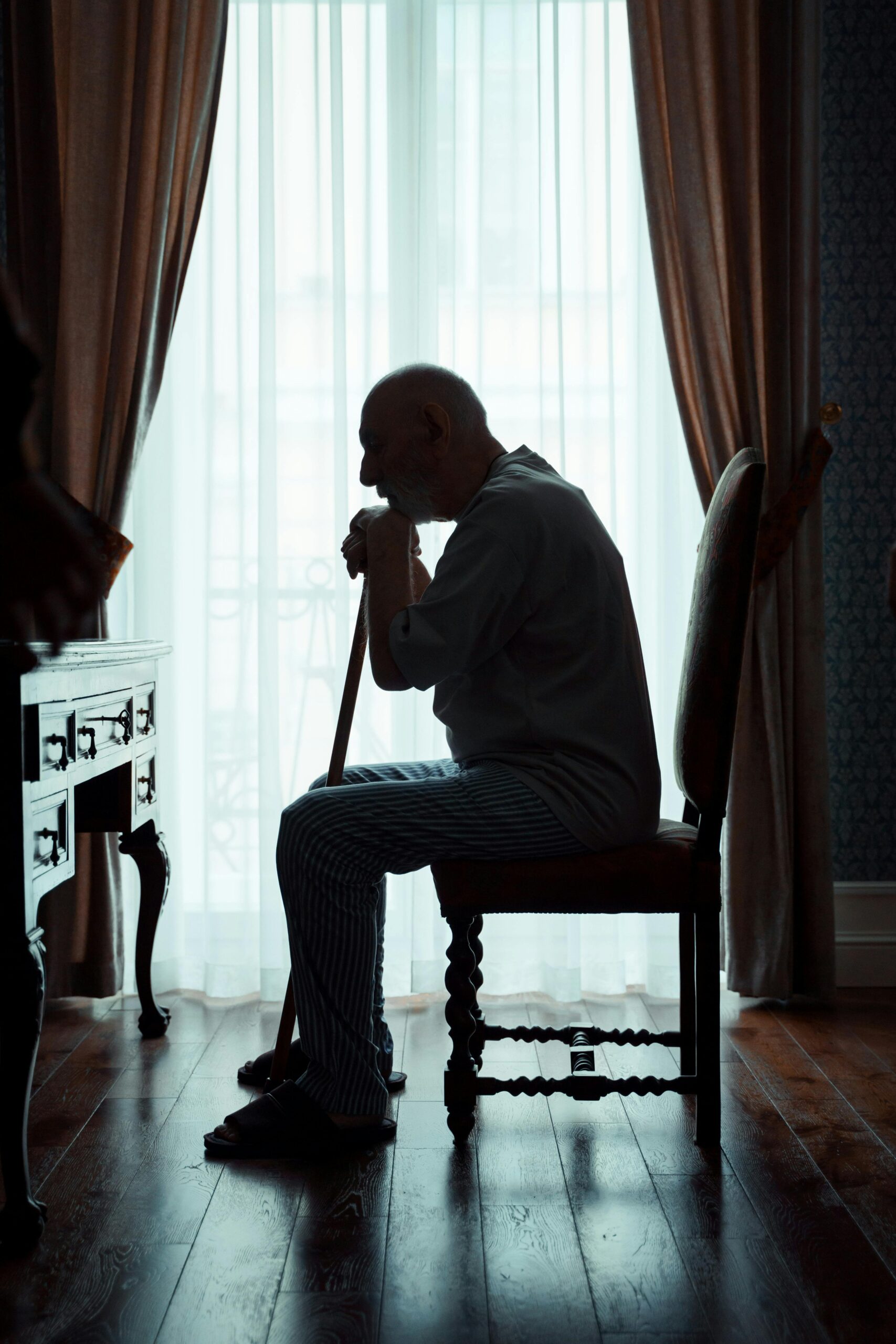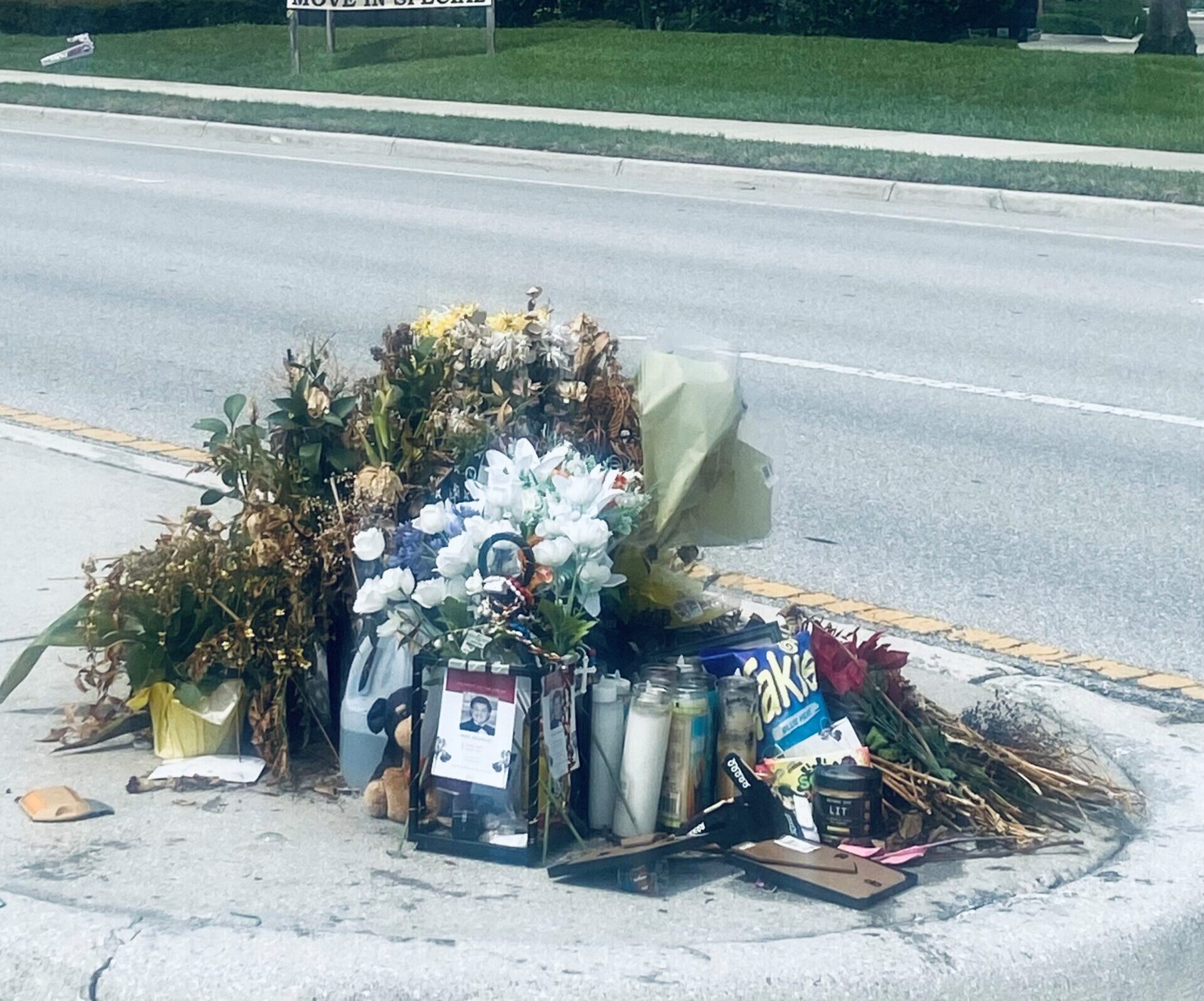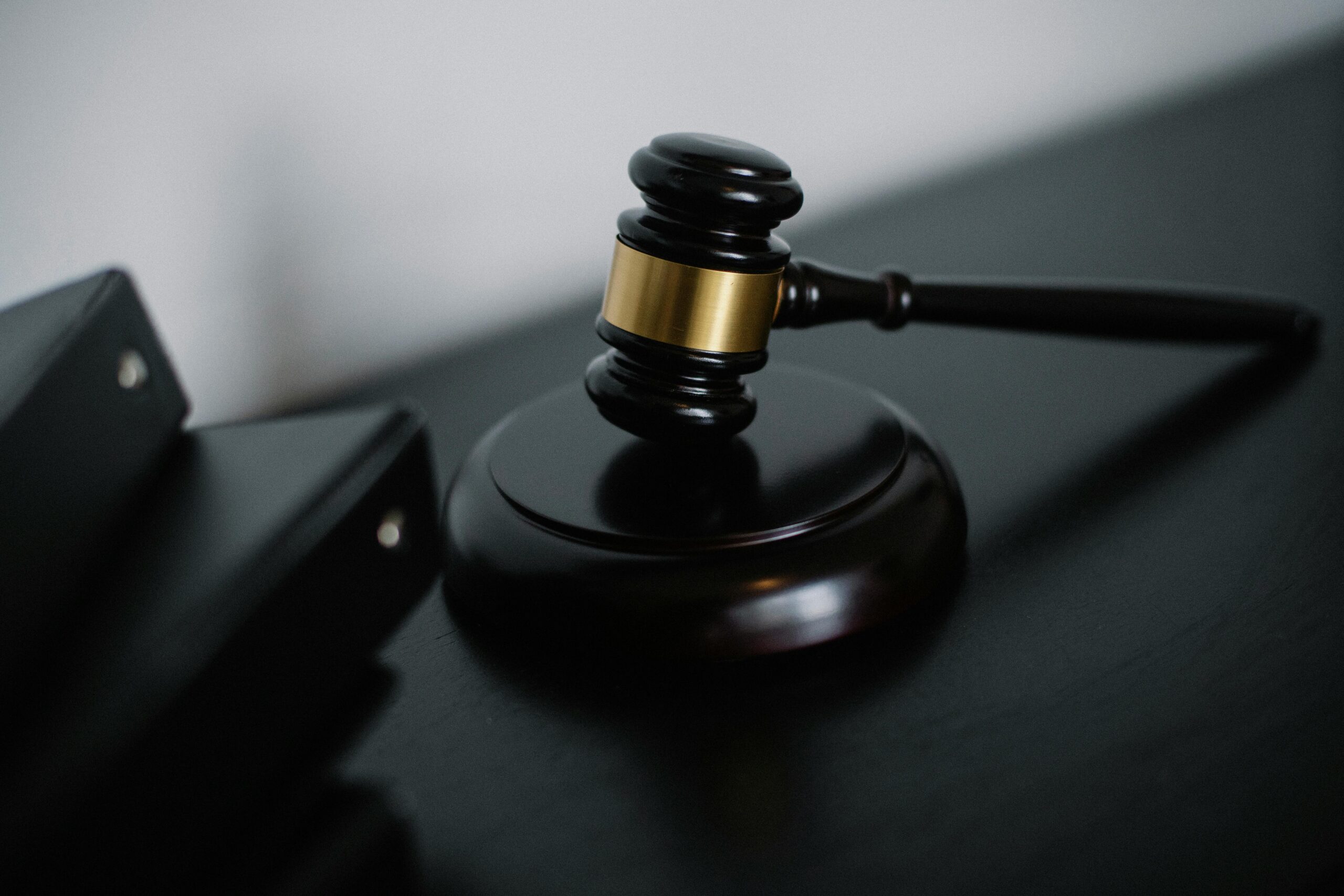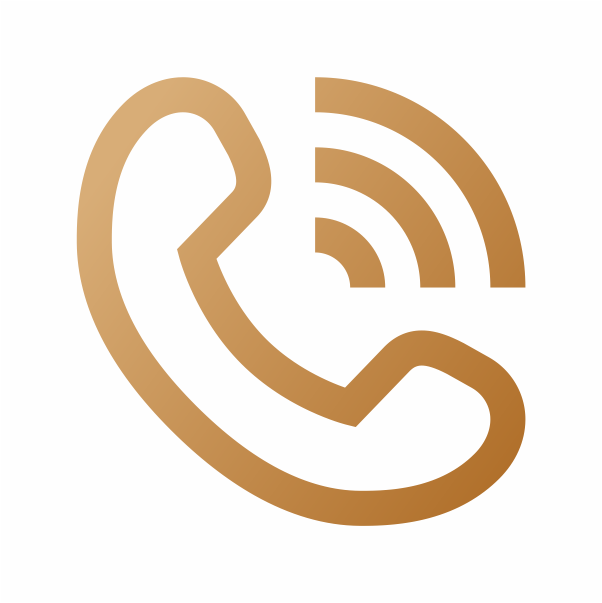Halloween is a spooktacular time filled with costumes, candy, and creative decorations. While it’s all fun and games, it’s essential to keep safety in mind, especially when it comes to potential accidents on your property. Whether you’re a homeowner opening your doors to trick-or-treaters or someone enjoying the festivities, understanding Florida’s premises liability laws can make your Halloween a treat for everyone.
Homeowners and Premises Liability
As a homeowner, you may be excited to welcome little witches and superheroes to your doorstep. However, opening your property to trick-or-treaters also comes with certain responsibilities. Under Florida law, homeowners have a legal duty to maintain their premises in a reasonably safe condition. This means that you should take precautions to ensure that your property is free from hazards that could cause accidents or injuries.
Trip and Fall Hazards
One common Halloween-related incident is tripping and falling. Children and adults alike may be navigating your property in the dark, and their costumes can limit their visibility. Here are some common trip and fall hazards to watch out for:
- Uneven Pathways: Ensure that walkways, driveways, and steps are in good repair. Uneven surfaces can be particularly hazardous when visibility is limited.
- Debris and Decorations: Keep your property clear of obstacles and decorations that may obstruct paths and create tripping hazards.
- Poor Lighting: Adequate lighting is essential. Make sure your property is well-lit to help prevent accidents.
- Wet Surfaces: In Florida, it’s not uncommon for Halloween to be a rainy evening. Watch out for slippery surfaces and take steps to prevent water accumulation.
- Exposed Cables and Wires: Be mindful of extension cords and cables, which should be securely fastened to prevent tripping.
Premises Liability for Homeowners
If a trick-or-treater is injured due to a hazard on your property, you could be held liable under premises liability law. You may be responsible for their medical bills and other damages resulting from the injury. This is why it’s essential to take precautions to minimize the risk of accidents.
Trick-or-Treaters and Their Responsibilities
It’s not just homeowners who have responsibilities on Halloween. Those venturing out to trick-or-treat should also be cautious and respectful of others’ properties. Be aware of the following:
- Stay on Designated Paths: Stick to sidewalks and walkways. Avoid cutting across lawns or flower beds.
- Respect Boundaries: Follow homeowners’ instructions, and don’t enter areas marked as off-limits.
- Use Crosswalks: When crossing streets, use designated crosswalks and look both ways.
- Carry Flashlights: If you’re trick-or-treating after dark, carry a flashlight to improve visibility.
- Watch Your Step: Pay attention to where you’re walking, especially in areas with poor lighting.
Conclusion
Halloween should be a night of enchantment and delight, not accidents and injuries. Homeowners and trick-or-treaters alike share a responsibility for safety. Homeowners should take steps to maintain their properties and prevent hazards, while trick-or-treaters should exercise caution while visiting others’ homes. By being aware of Florida’s premises liability laws and taking necessary precautions, you can help ensure that Halloween remains a night of fun, candy, and spooktacular memories for all.
Consult a Personal Injury Attorney
In the unfortunate event that an accident does occur on Halloween, it’s crucial to know your rights and responsibilities. Consulting with a personal injury attorney can provide guidance on premises liability laws and help you navigate any legal matters that may arise. If you have questions or concerns about premises liability in Florida, consider scheduling a free consultation with an experienced attorney like James G. Graver. Halloween should be both enjoyable and safe with the right awareness and precautions.






